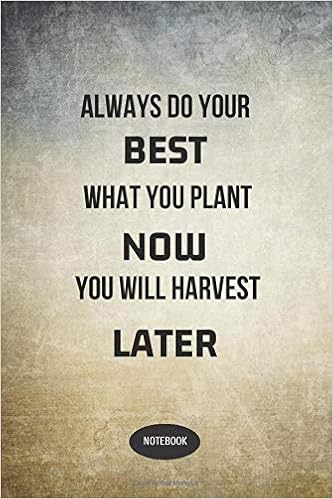Hi guys!
Good morning!
Did you have a good weekend? Let's start work!
Today, we are going to copy the new vocabulary of UNIT 8. First, write on your NOTEBOOK and then, study it by heart. Here it is:
VOCABULARY UNIT 8 –PAGE: 102,104
FAMILY (page 102)
Grandmother: abuela
Grandfather: abuelo
Granddaughter: nieta
Grandson: nieto
Wife: esposa
Husband: marido
Uncle: tío
Aunt: tía
Siblings: hermanos
Brother in law: cuñado
Sister in law: cuñada
Son: hijo
Daughter: hija
Mother in law: suegra
Father in law: suegro
Nephew: sobrino
Niece: sobrina
Cousins: primos
Half sister: hermanastra
Son in law: yerno
Daughter in law: nuera
Stepfather: padrastro
Stepmother: madrastra
READING (page 104)
Policy: política
Law: ley
Concern: preocupación
Increase: aumentar
Support: mantener (una familia), apoyar
In addition to: además de
Prevent: evitar, prevenir
Pass a law: aprobar una ley
Punish: castigar
Fine: multa
Allow: permitir
Mainly: principalmente
As a result of: como consecuencia de
Decrease: disminuir, reducir
Factory: fábrica
In order to: Para
Solve: solucionar
Earn: ganar
However: sin embargo
Fair: justo
Succeed: tener éxito
Pressure: presión
Do well: Hacer algo bien
Proud: orgulloso
Take care of: cuidar
Alone: solo
Later, complete the exercises of your BOOK, page 105:6,7,9. They are about RELATIVE CLAUSES.
Finally, correct the exercises of the READING, page 104. You have the answers in this link:
https://drive.google.com/file/d/1TqFu1Y0utU3dMaRR9YxaQwkYqyofxifJ/view?usp=sharing
Remember we have a VIDEOCONFERENCE tomorrow. You have all the information in GOOGLE CLASSROOM.
Have a nice day! See you tomorrow!
https://drive.google.com/file/d/1TqFu1Y0utU3dMaRR9YxaQwkYqyofxifJ/view?usp=sharing
Remember we have a VIDEOCONFERENCE tomorrow. You have all the information in GOOGLE CLASSROOM.
Have a nice day! See you tomorrow!
